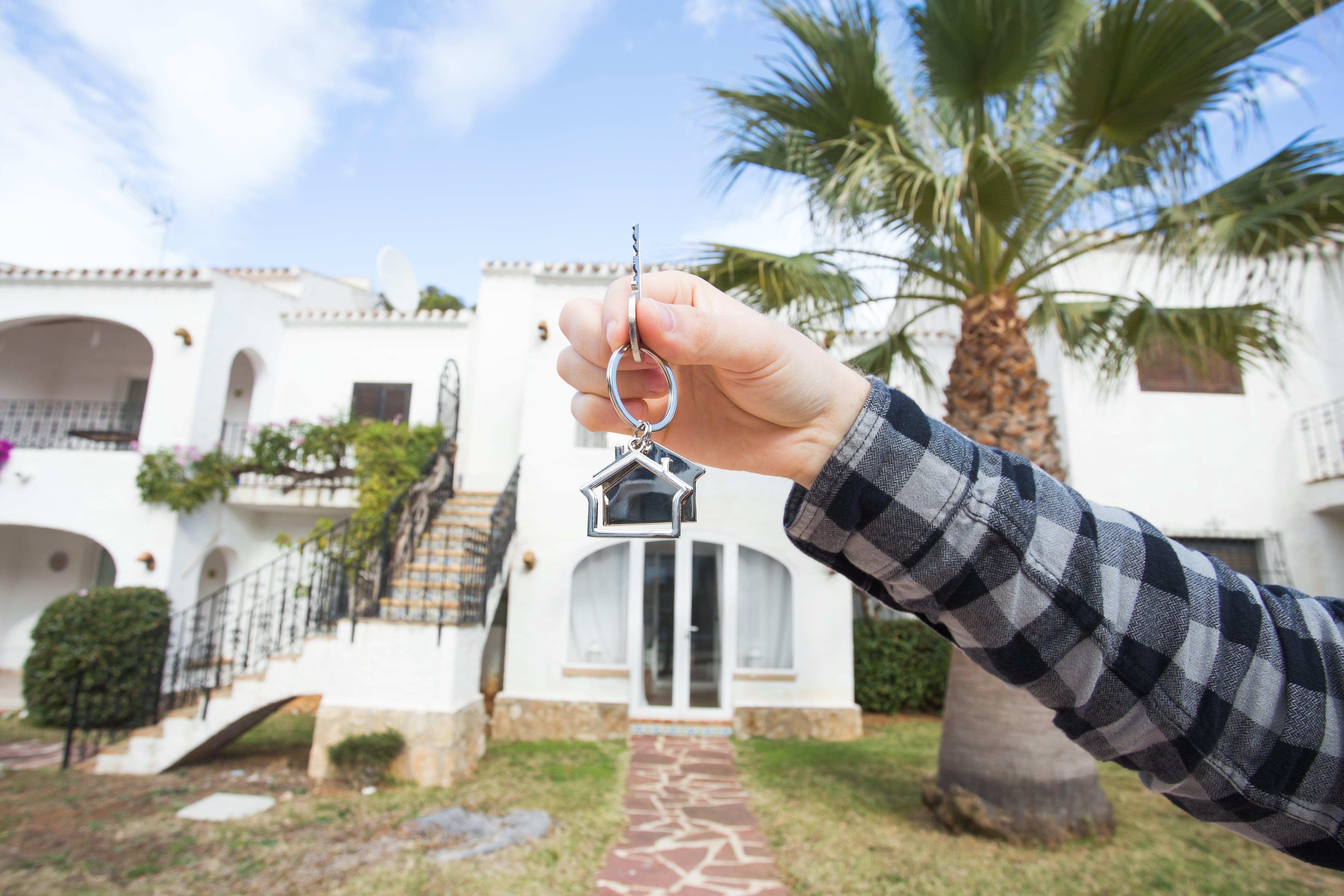Financing Options for Your Property Purchase
If you are planning to buy a property in the UAE you are making the right decision. The real estate industry in the UAE is flourishing so you can make the most of your investment. However, one of the major things to consider when you decide to invest in real estate is the financing options you can benefit from. As most people cannot buy a property with their savings they need financing. Home mortgage is the only way to buy a property for most people.
So when you have to look for home finance there are few things that you must consider:
Eligibility
The foremost thing to consider when looking for a home financing option to find out if you are eligible or not.
If you are UAE national the eligibility criteria is as follows:
For a home valued at AED 5 million and below, the maximum amount of loan you can get is 80% of the property value. For properties valued over AED 5 million, you can get get 70% of the property loan amount. If you want to buy investment or second property, you can secure 65% of the property value as loan amount.
If you are an Expat, the eligibility criteria is as follows:
For buying homes that are valued at AED 5 million and less, you can borrow 75% of amount of the property value. For properties that have equal or more value AED 5 million, you can get 65% of the value of the property at maximum. If you want to invest in a property or purchase of second property, you can borrow 60% of the total value of the property.
If you want to invest in off plan properties, you can get 50% of the value of the property as loan (for expats, UAE and GCC citizens.)
Borrowing capacity
There are few factors that will determine the capacity for borrowing:
Employment status: another factor to consider is the status of your employment if you are self employed or salaried.
Monthly income: how much you earn is an important factor that determines you much you can borrow.
The value of the Property: the property value is another thing that determines how much you can borrow.
How old are you: you can get a loan for 25 years up to the age of 60 if you are salaried or 70 if you are self-employed.
Existing debts: as per the rule of UAE Central Bank, you cannot spend over 50% of your total income on repaying debts such as loans, credit cards, mortgages etc. which is called Debt Burden Ratio (DBR).
Credit score: one major factor that determine the amount you can get for your home is your credit score. The bank will see what you can easily afford. UAE banks use the Debt-Burden-Ratio (DBR) to calculate what you can actually borrow.
Your DBR is your monthly debts as a part of your income per month. The formula for calculating affordability by every bank differs. Your monthly salary should be 4 times higher compared to monthly repayments.
Lifestyle: a number of lifestyle factors such as living expenses, number of dependents, overall lifestyle are some other factors that may determine your borrowing capacity.
Mortgage Types
Before you decide you select a mortgage provider, you must explore your options and compare between your choices. You should compare their rate of interest rates and how much you can borrow for them among other factors and then only decide. Make sure you see all the terms and conditions so that you can make a well informed decision.
Fixed rate mortgages: these loans last for about 1 to 5 years. When the fixed term ends, the rate will revise automatically. Fixing your loan allows you to remain safe from interest rate fluctuations and the repayments of per month which makes it easier for you to manage.
Discounted rate mortgages: This type of mortgage is based on a standard variable rate. In Discounted rate mortgage the lender grants a percentage discount for a particular time period. The discount is applicable for a set period of time only, not for the full tenure of the loan.
Variable rate mortgages: Variable rate loans vary depending on the Emirates InterBank Offered Rate (EIBOR). The monthly amount of repayment may fluctuate change that may have an effect predictability in your expenses per month.
Offset mortgages: Offset mortgages are the type where a savings account or current account is associated to your home loan. Any balance in your account saves you interest on your loan. The interest is calculated on the difference between the balance of your loan and balance savings.
Remortgages: Remortgaging refers to the transfer of your current mortgage to a new lender. The idea of doing this is to get a lower rate of interest in most cases.
Making the own payment
Other than making the minimum down-payment, you also need to demonstrate your ability to cover added one-off upfront costs that may amount to 7-8% of the value of the property approximately. However, in some cases, some banks may give you the option to add a small amount of the upfront purchase costs to your mortgage. It means that you will be able to free up additional money to make the down-payment. As a result, you can opt to buy a more costly property.
So before you get into buying a property in the UAE, make sure you have studied all the financing options. Make sure you compare between your choices and choose the mortgage option that best suits your interest. Good luck!
News insight
 Dec 09, 2024
Dec 09, 2024
Exploring Waterfront Properties in the UAE
If you wish to live close to the sea and enjoy the beauty of nature all your life, choosing a waterf...
 Dec 09, 2024
Dec 09, 2024
Benefits of Investing in Off-Plan Properties
While investment in property allows you to enjoy profits, it is important to make sure that you try...

